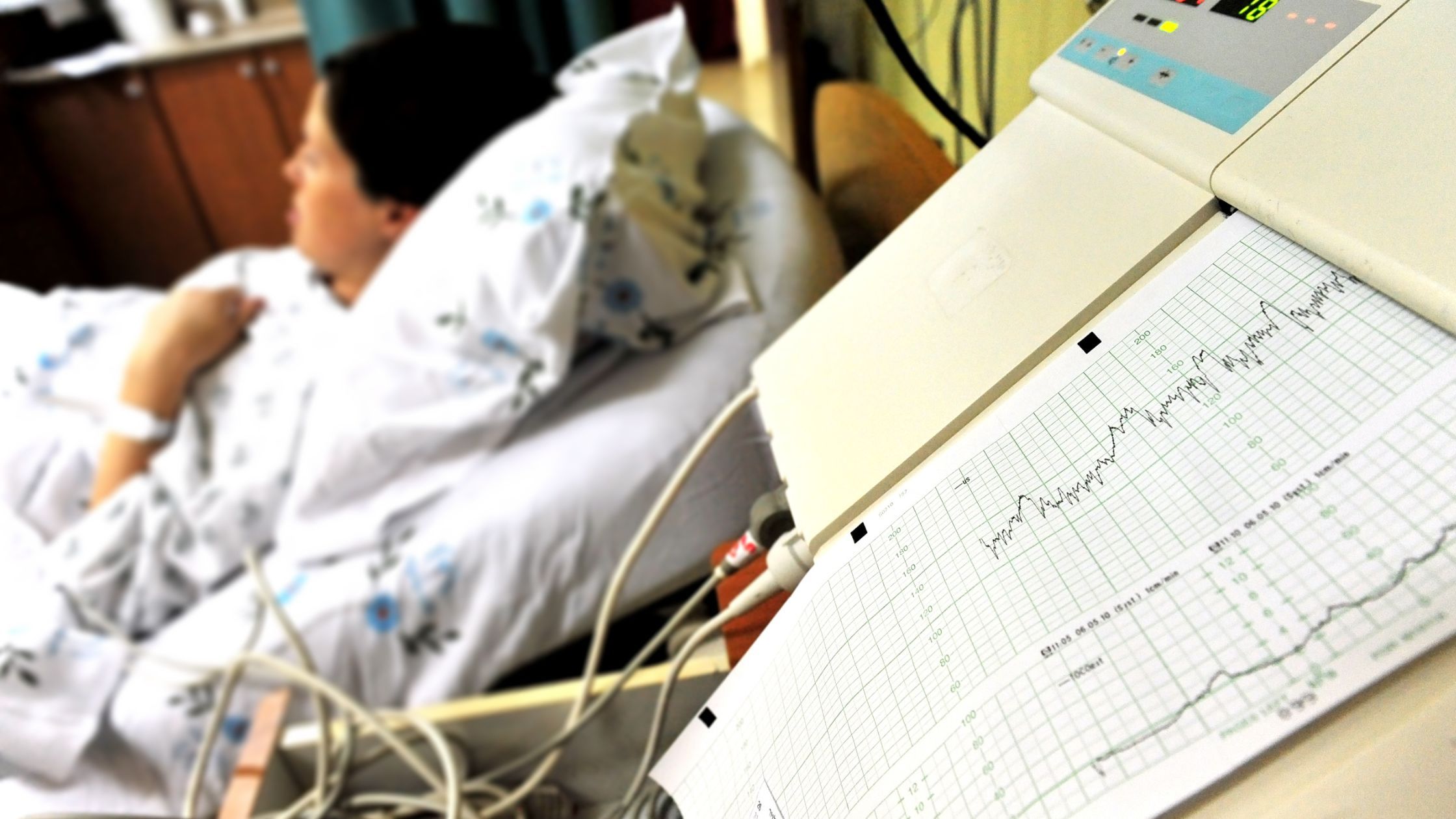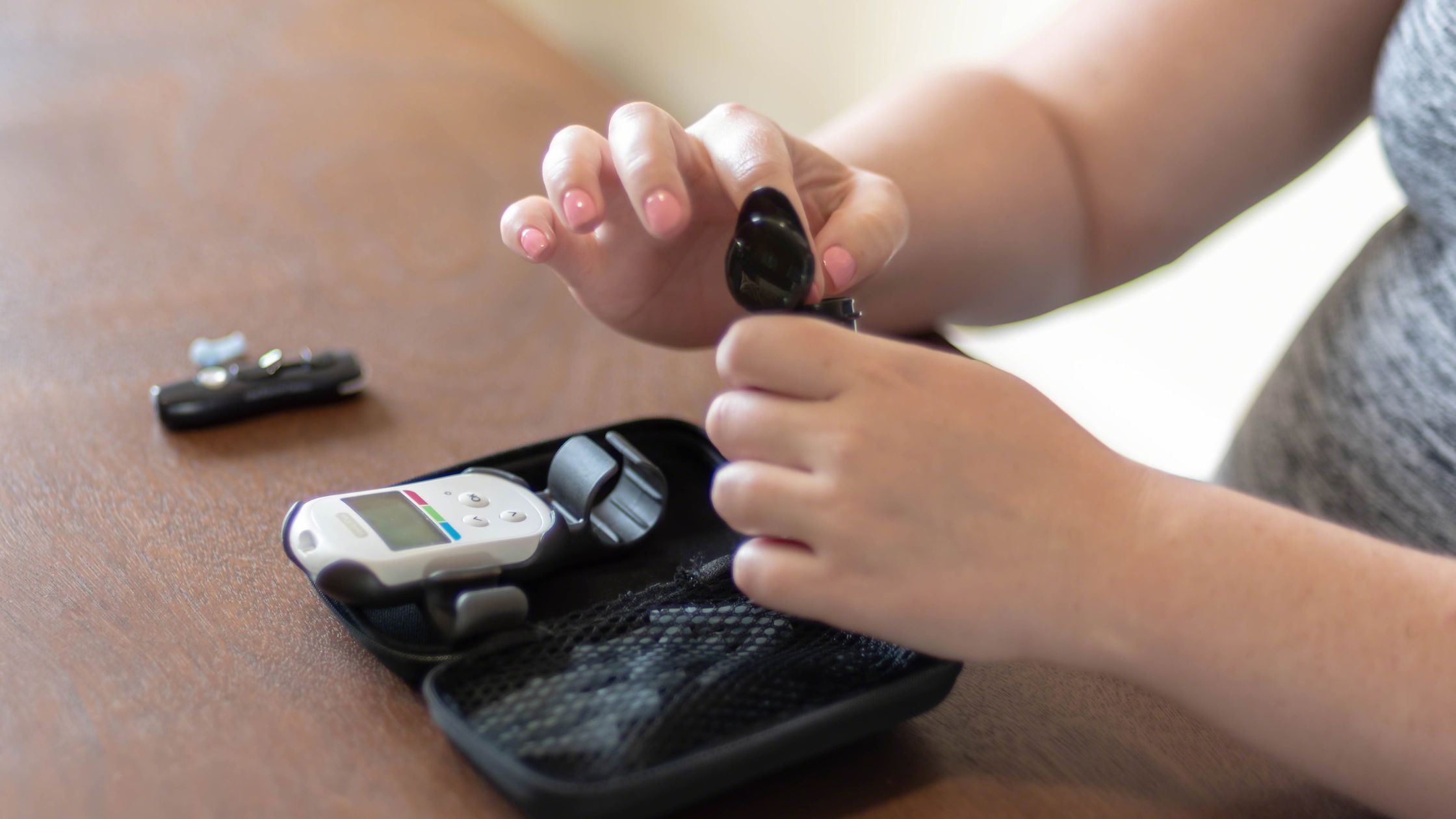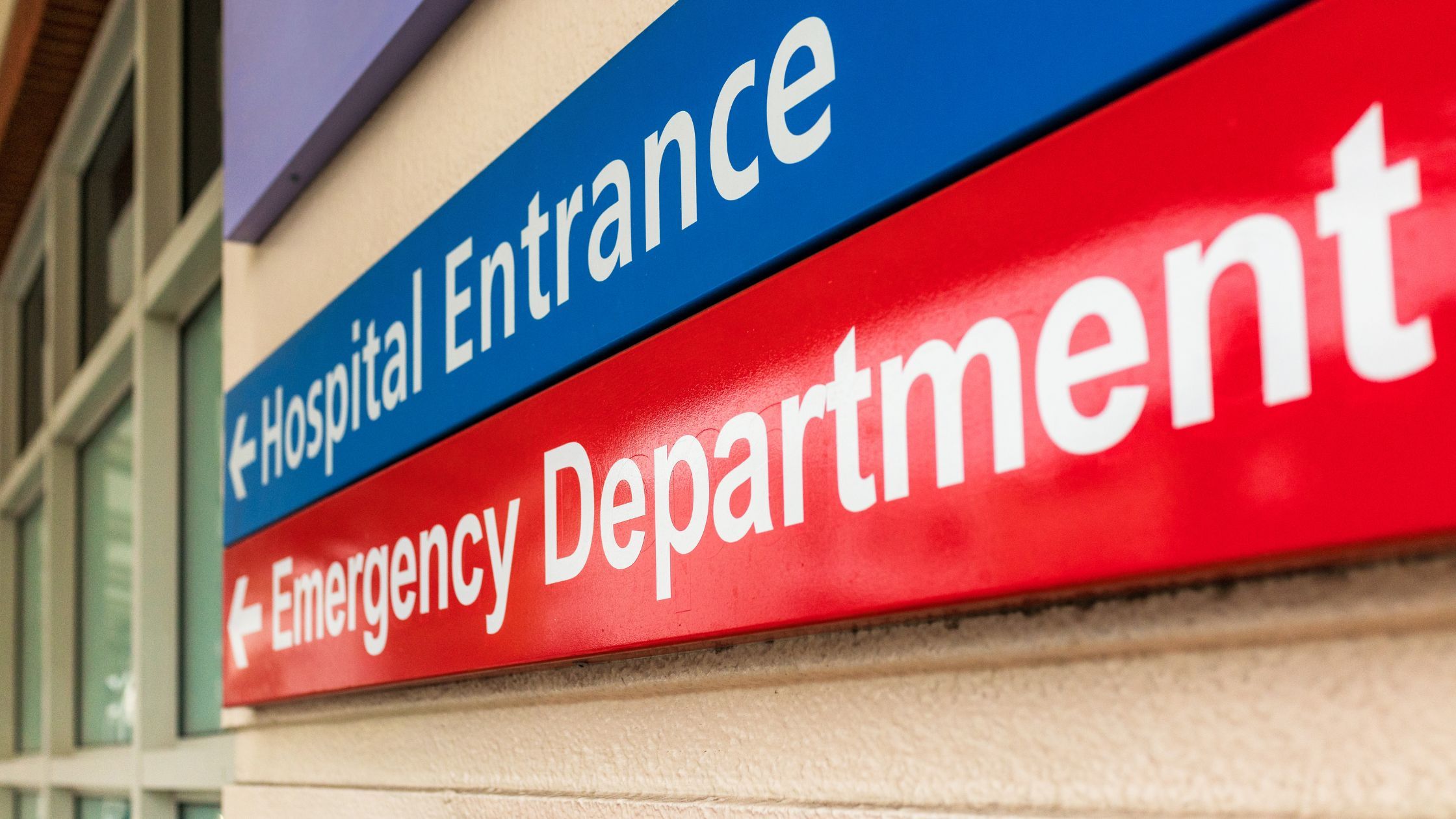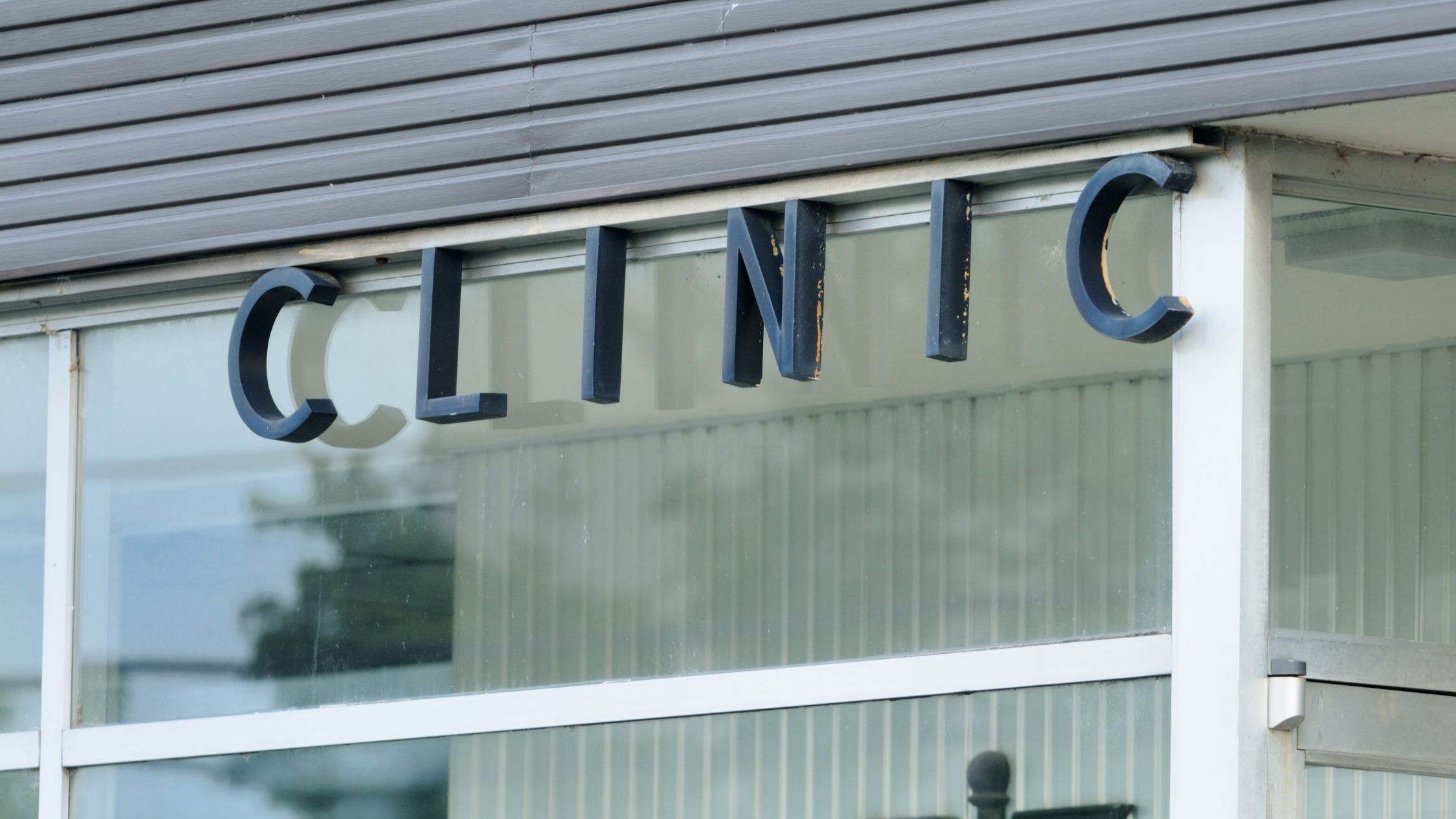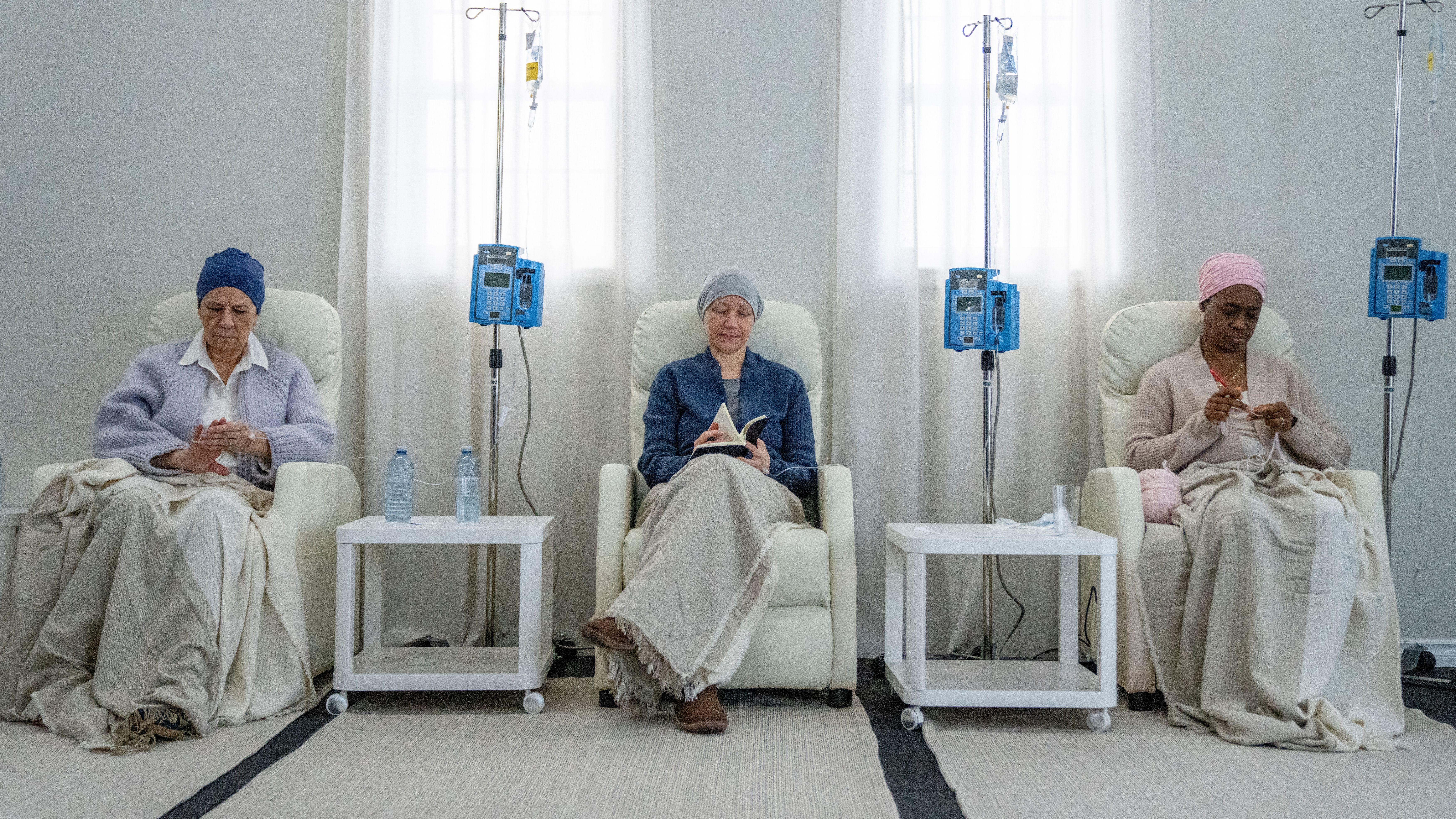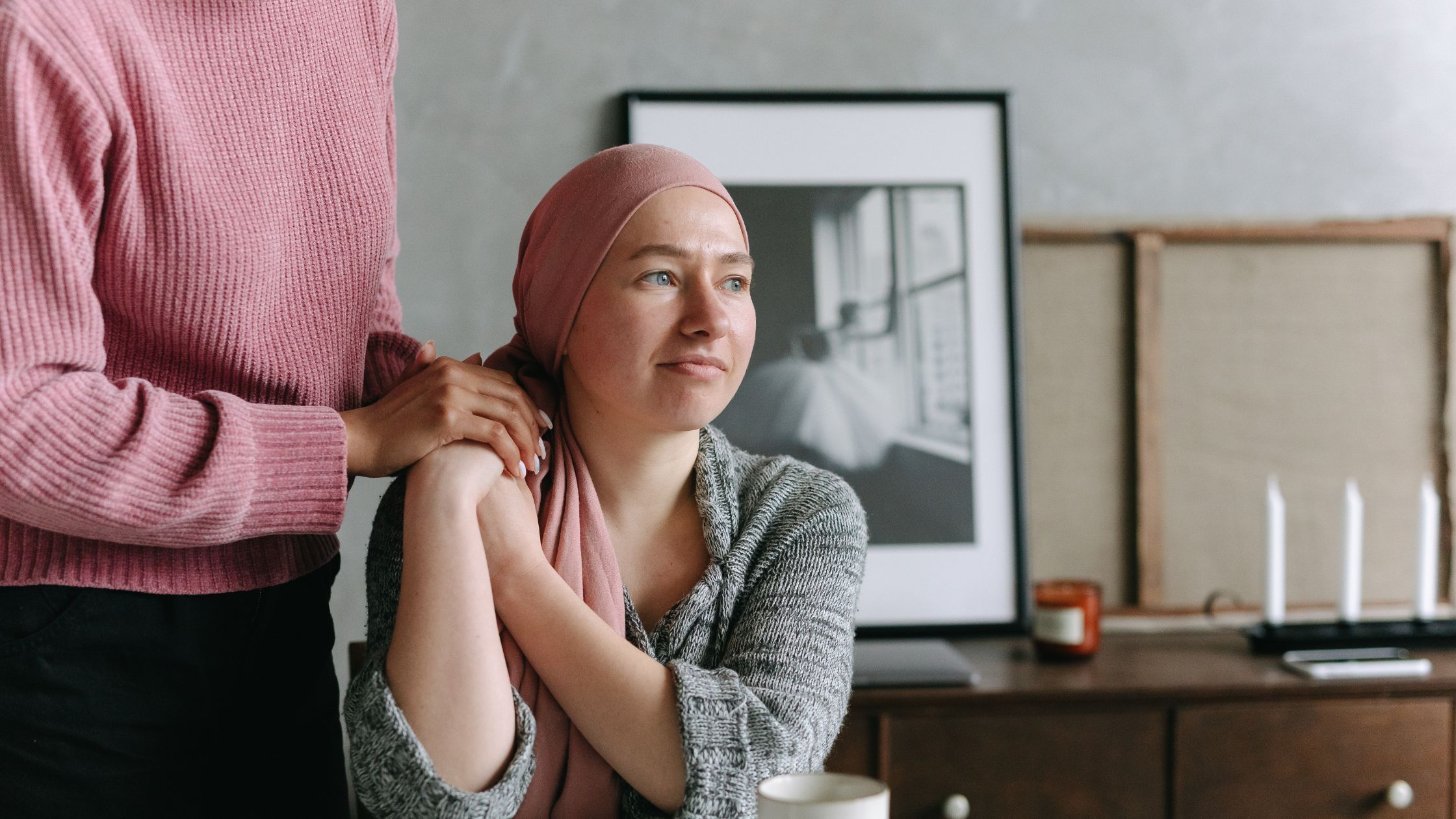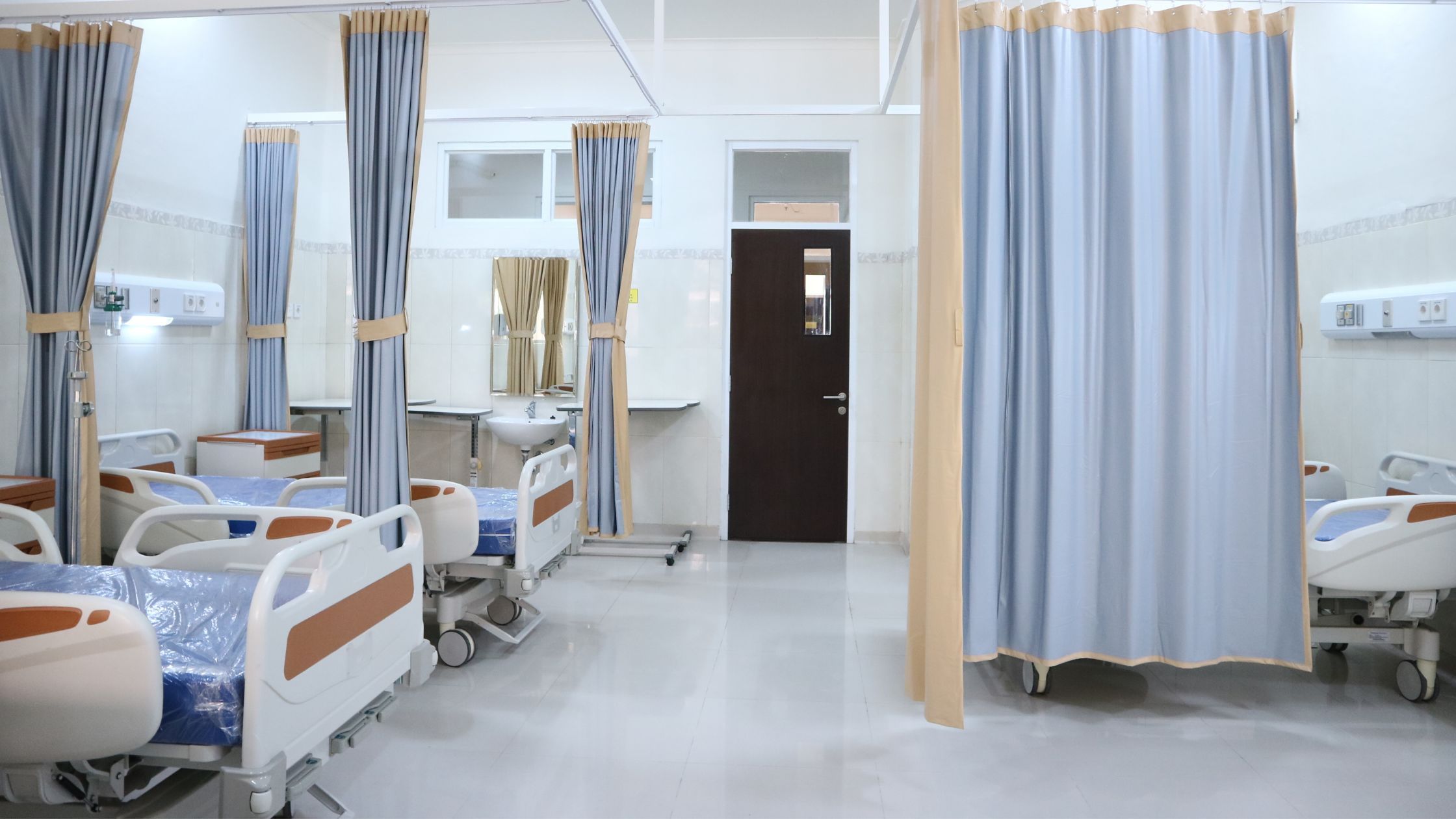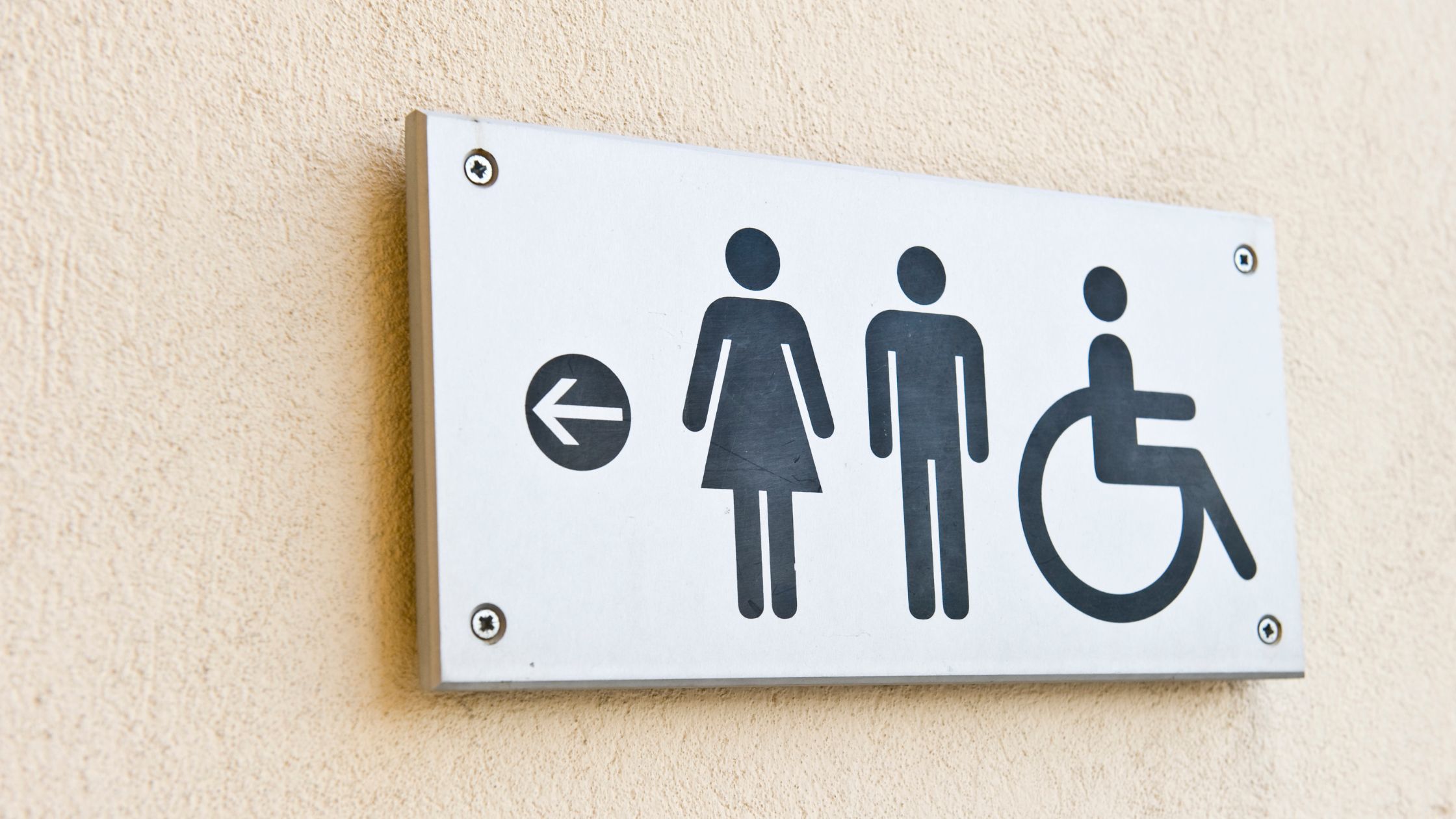Low-income patients
The study further exposed a relationship between the average waiting time for diagnosis and household income.
The research showed that those earning less that £20,000 were more than likely, compared to those earning above £40,000, to attend upon doctor five times or more and to then be obligated to wait for a diagnosis for in excess of 12 months.
Female patients
The Brain Tumour Charity study, “Finding Myself in Your Hands: the Reality of Brain Tumour Treatment and Care” has shown that 30% of women had not received a diagnosis 12 months after first seeing a doctor with symptom, that is compared with just 15% of men. Women are therefore twice as likely as men to suffer delays in securing a diagnosis for brain tumours, according to a report.
The research also discovered that nearly 40% of women saw a doctor more than five times with symptoms characteristic of brain tumours before being diagnosed, with such symptoms being: memory loss; severe fatigue and personality changes. Again, this is compared with just 23% of men. The survey further revealed that 11% of women had waited at least five years from their symptoms first appearing, to receiving a diagnosis, compared with just six per cent of men.
Generally, almost one in three male and female brain tumour patients attended a doctor in excess of five times before their brain tumours were diagnosed. A quarter of such patients waited more than 12 months for a diagnosis.
Distressingly, only 53% of patients advised they were satisfied with how their diagnosis was handled. Sadly, over 50% asserted that they did not believe the NHS gave brain tumours adequate attention. Women further reported of being dismissed by medical expert as attention seeking, whilst others were advised that they were simply tired and therefore no scan was required.
What this means
The fact alone that over a quarter of patients are having to attend their GP on numerous occasions confirming symptoms before diagnosis is alarming alone. However, the additional revelation that there is a bias link between gender and/or class and waiting times is troubling.
Have you been a victim of delayed diagnosis?
Our clinical negligence team deal with a large number of cases where a delay in diagnosing a patient’s cancer has brought inconceivable anguish to the families involved.
It is imperative to diagnose cancer early in order to better the chances, effective treatment will lead to a positive outcome. If chances for diagnosing cancer are neglected and patients are deprived of the kind of timely treatment that should instantly follow diagnosis, consequently, the penalties can clearly be shattering. If you suspect that you or a loved one have been a victim of delayed diagnosis, then please call our specialist team on 01633 262 848.








